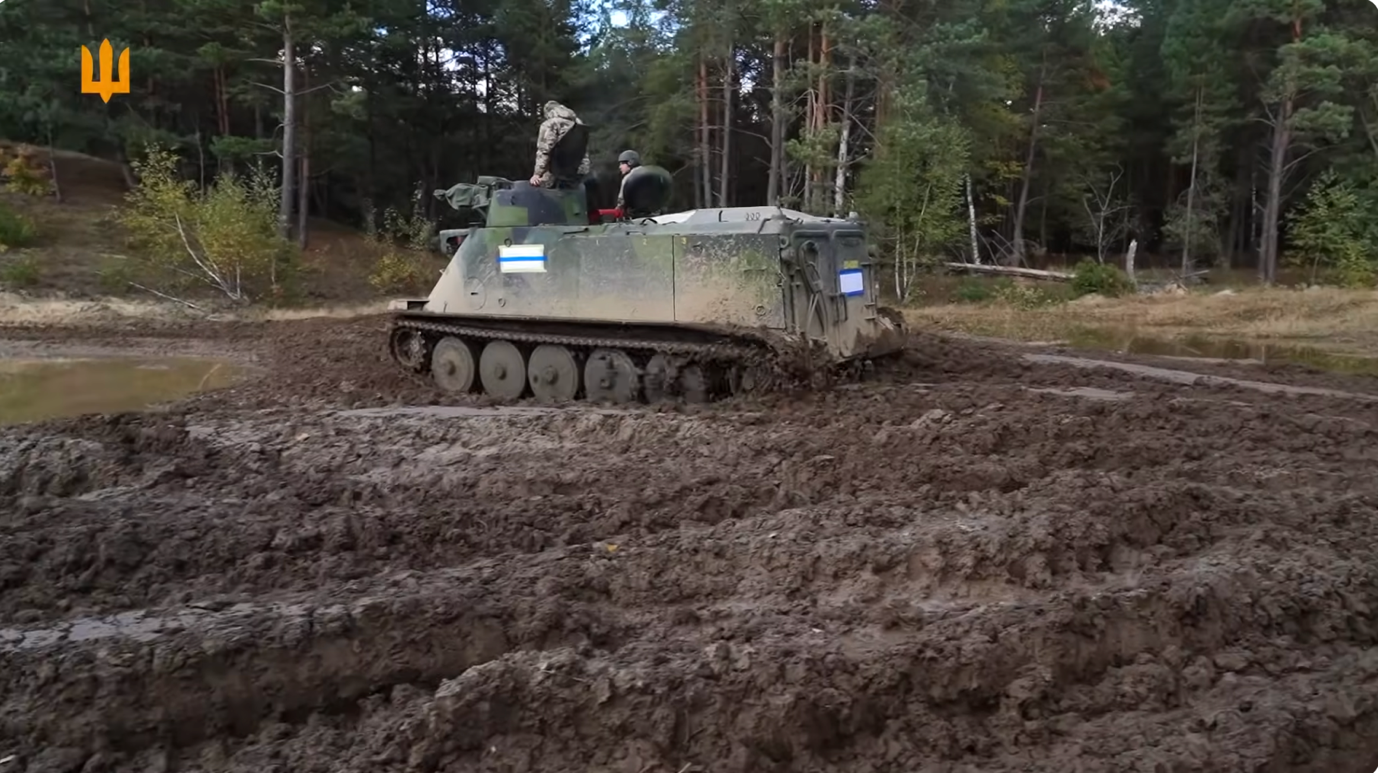Burgeoning deliveries of western heavy weapons to Ukraine will soon blunt the Russian army’s ability to advance, but defeat at the hands of Ukraine’s Armed Forces (UAF) – though almost inevitable – will take months at least, military and political analysts said in recent comments and interviews. Experts agreed outright UAF battlefield victories would threaten Russian public confidence in the Kremlin leadership, but opinions vary on when exactly that might happen.
Christo Grozev, head of the Bellingcat military research team, in comments published May 4 said the Kremlin is struggling right now to find sufficient manpower to support its ongoing offensive in the Donbas region, and that even employing new tactics to limit losses, Russian Federation (RF) combat units in Ukraine are at less than two-thirds strength, and frequently unable or unwilling to attack.
JOIN US ON TELEGRAM
Follow our coverage of the war on the @Kyivpost_official.
In the coming month RF casualties can only increase, and, at the same time the Russian population will see through the Kremlin’s thus far effective concealment of the scale of losses in Ukraine, which will seriously erode public support for the war, Grozev said.
Russian political scientist Andrei Piontkovsky in an interview with the Novoe Vremya news magazine said that UAF units will receive major deliveries of western arms in the coming weeks, and soon, for the first time in the war, Ukrainian forces will force RF units from the ground they are trying to hold, and win clear battlefield victories. Once RF forces are subjected to serious and clear battlefield defeats, chances of a Kremlin coup against Russian President Putin will rise exponentially, he argued.
“They (Putin’s opponents inside the Kremlin) are already seriously considering the question of removing Putin from power. He is destroying the country which has given them a very comfortable standard of living. I think they are looking at the possibility of getting rid of Putin very seriously. And with every new Ukrainian success on the front – and these successes will increase dramatically in the next two weeks when the most modern weapons in the world (get to the UAF) in full volume – will push Putin’s opponents towards this move,” Piontkovsky said.
Oleksiy Arestovych, an advisor to the Ukrainian Presidential Administration, in comments to the News24 TV marathon offered a different opinion, predicting that western arms will blunt the RF offensive and with time help the UAF defeat the Russian army, but it will not be very soon.
“I don’t think that Russia’s plan (to take over south Ukraine) has a chance. In my opinion, Lend Lease from America will defeat the Russian efforts. But it absolutely will take months…we need to be ready for a long war,” he said.
Andrei Pertsev, a political-military writer for the Latvia-based Meduza analytical group, in a May 4 article argued that the Kremlin is, in spite of a worsening situation on the Ukrainian battlefield, likely not to abandon its declared intention to defeat Ukraine militarily, because the Russian general public generally supports the war, has not suffered substantially from it, and thinks Russia is winning. Any RF retreat or concession to Ukraine, no matter how justified militarily, would be such a shock to Russia’s population that the country’s political structure could collapse, Pertsev said. The Kremlin will continue with its present strategy, as ineffective as it is because all other strategic options are worse, he said.
Kyryl Budanov, a spokesman for Ukraine’s national intelligence agency the SBU, likewise predicted the Kremlin will keep to its strategy of limited ground attacks while bombarding Ukrainian civilian homes and businesses as intensely as possible, in a bid to force Ukraine’s national leadership to sue for peace. He said: “Of course, they’re (the RF) trying to induce a demographic and then a humanitarian crisis. That’s the only way they could subdue the majority of the local population”
A May 5 intelligence update published by the British Ministry of Defense said the RF most probably will continue trying to drive Ukraine Armed Forces (UAF) units completely out of the country’s Donetsk, Luhansk, Kherson, and Odesa regions, in keeping with its now effectively unworkable strategy of crippling Ukraine’s ability to fight by cutting it off from the sea. The RF will also attempt to interdict western arms deliveries with missile strikes on Ukrainian transportation infrastructure, but that strategy similarly has little chance of success due to strong UAF defenses and resiliency in the Ukrainian transportation network, the estimate said.
Pentagon spokesman said that western arms deliveries to Ukraine are ongoing and that RF attempts to interfere with the shipments have not been effective. A statement made public on May 4 said in part: “It Looks like they’re trying to hit critical infrastructure, electricity and that kind of thing, and trying to get at the ability for the Ukrainians to use railroads in particular, but that they’re — I would just say that while we’re still assessing sort of the damage, it’s not clear that they’ve been very accurate in trying to hit that critical infrastructure, and there’s been no perishable impact that we’ve seen to impeding or in any other way obstructing with the Ukrainians’ ability to replenish and restore themselves.”
Viktor Mikita, head of Ukraine’s western railroad district, said that recent RF missile strikes at rail hubs in the western Zakarpatiya region had little effect on rail traffic moving between Ukraine and EU states, and appeared primarily intended to terrorize Ukrainian civilians, particularly people temporarily living in Ukraine’s west to escape fighting in the east. The attacks have had little effect on public morale, he said
You can also highlight the text and press Ctrl + Enter



